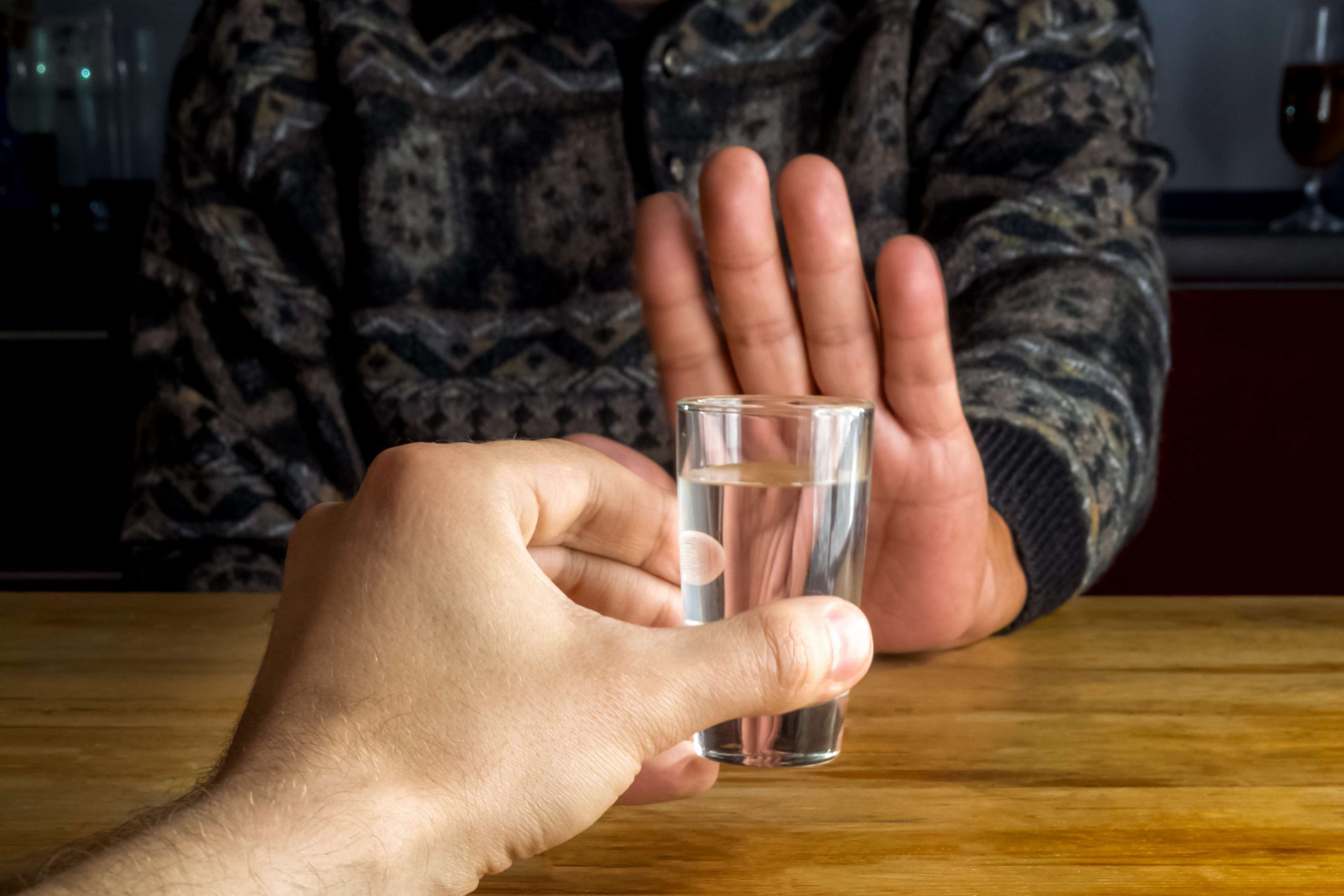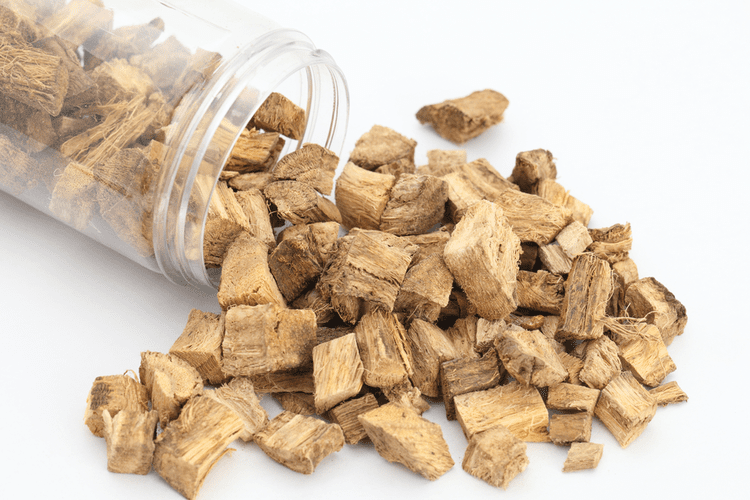Content
It was argued that not all elements may be present in every case, but the picture is sufficiently regular and coherent to permit clinical recognition. The syndrome was also considered to exist in degrees of severity rather than as a categorical absolute. Thus, the proper question is not ‘whether a person is dependent on alcohol’, but ‘how far along the path of dependence has a person progressed’. The term ‘alcohol dependence’ has replaced ‘alcoholism’ as a term in order that individuals do not internalize the idea of cure and disease, but can approach alcohol as a chemical they may depend upon to cope with outside pressures.
Psychological Addiction: Meaning, Symptoms, Treatment – Healthline
Psychological Addiction: Meaning, Symptoms, Treatment.
Posted: Thu, 28 May 2020 07:00:00 GMT [source]
Environmental and genetic factors aside, the sheer number of drinks people consume in a given period of time can put them at risk for developing an alcohol use disorder. Women who have a daily intake of more than three drinks, or more than seven per week, are considered at risk.
The 3 Biggest Ways That Alcohol Causes Weight Gain
But when exposure to alcohol is ongoing, the brain seeks to compensate for these effects, and a complex cascade of long-term chemical changes begin to occur. Treatment for addiction takes many forms and depends on the needs of the individual. In accordance with the American Society of Addiction Medicine, we offer information on outcome-oriented treatment that adheres to an established continuum of care. In this section, you will find information and resources related to evidence-based treatment models, counseling and therapy and payment and insurance options. For this reason, a full spectrum of rehab services that starts with medical detox and continues to treat the psychological aspects of abuse is needed. The psychological component of addiction does not refer to the effects alcohol has on one’s mental state, such as disordered thinking. Rather, it refers to how the person’s thoughts and actions become geared toward obtaining alcohol and consuming it, even to the exclusion of important responsibilities.
Bupropion (Wellbutrin/Zyban) is assoc. w/risk of seizure at 450+mg/day. Other meds and liver fxn may ↗️ bupropion plasma level which may affect patients w/physical dependence on alcohol by ↗️ risk for seizures. Bupropion is also in top 10 drugs in polypharm deaths. @division_55
— Dr. Rick Barnett, PsyD (he/him/his)❤️ (@drrickbarnett) December 20, 2020
When people use alcohol to mask unpleasant feelings, they may end up psychologically dependent on the substance. People who use alcohol to cope with anger or sadness may lose interest in physiological dependence on alcohol other relaxation methods. People may begin to have intense cravings or lose the ability to control how much they drink. Heavy or frequent alcohol use can result in physical dependence.
Related To Substance Abuse And Addiction
If you feel that you sometimes drink too much alcohol, or your drinking is causing problems, or your family is concerned about your drinking, talk with your doctor. Other ways to get help include talking with a mental health professional or seeking help from a support group such as Alcoholics Anonymous or a similar type of self-help group. However, if a person has an attachment to drinking, such as relying on it to “have a good time,” they may develop problematic drinking habits and eventually develop an AUD. If alcohol dependence sets in, it will likely be more difficult to stop drinking because of the presence of withdrawal symptoms and possibly cravings for alcohol. No two individuals who experience alcohol abuse are the same; however, DSM-5 provides clinicians with a set of 11 factors that can guide them in the diagnosis of an alcohol use disorder and its severity grade. In short, if a person has experienced at least two of the 11 factors in the past year then the person is considered to have an alcohol use disorder.

They may continue to drink in order to avoid feeling such symptoms. Finally, a history of multiple withdrawal experiences can exacerbate cognitive deficits and disruption of sleep during withdrawal (Borlikova et al. 2006; Stephens et al. 2005; Veatch 2006). Alcohol Addiction is a medical issue that damages the lives of those who suffer from it and the lives of everyone who cares for them. Alcohol addiction, also known as alcohol use disorder , is a mental health disorder in which the drug induces long-term changes in brain function, according to the American Psychiatric Association . Continued usage and relapse are more probable as a result of these improvements. Alcoholism can have a variety of effects on a person’s emotional, physical, social, and spiritual health because symptoms can vary from mild to extreme. Alcohol is the most commonly used addictive substance in America today, but exactly what makes alcohol addictive?
Top What Qualifies You As An Alcoholic Related Articles
MedTerms online medical dictionary provides quick access to hard-to-spell and often misspelled medical definitions through an extensive alphabetical listing. Expose your teen to healthy hobbies and activities, such as team sports, Scouts, and after-school clubs. Above all, don’t feel guilty or responsible for the problem drinker’s behavior. Don’t hide or dump bottles or try to shelter your loved one from situations where alcohol is present. Call your country’s emergency services number (911 in the U.S.) and wait with them for medical help to arrive. You’re spending less time on activities that used to be important to you because of your alcohol use. Repeatedly neglecting your responsibilities at home, work, or school because of your drinking.

Children of people with alcohol use disorder are two to six times more likely than the general public to develop alcohol problems. This increased risk is likely due in part to shared genetic factors, but it may also be related to environment, lifestyle, and other nongenetic influences that are shared by members of a family. While certain mental health disorders are somewhat likely to occur in people with alcohol addiction, alcoholics are so much more likely than non-alcoholics to struggle with a mental health disorder. Similarly, anyone with a mental illness is much more likely to experience alcohol addiction than someone who does not have a mental illness. About 7.9 million people in the United States have dual diagnoses .
Family Program
Variations in genes that affect the metabolism of alcohol in the body have been studied as factors that can increase or decrease the risk of alcohol use disorder. Gene variations that result in skin flushing, nausea, headaches, and rapid heartbeat when drinking alcohol discourage its consumption and reduce the risk of alcohol use disorder. Populations that have a higher prevalence of such gene variations, such as people of Asian or Jewish descent, tend to have a lower risk of alcohol use disorder than other populations. According to the 2015 National Survey on Drug Use and Health, about 16 million Americans have alcohol use disorder, which affects about 8 percent of adult men, 4 percent of adult women, and 2.5 percent of adolescents ages 12 to 17. In total, approximately 38 million people in the United States are considered by public health experts to drink too much alcohol, which includes high weekly use , binge drinking, and any drinking by pregnant women or individuals under age 21. It’s also called alcohol dependence, alcohol addiction or alcohol abuse. The Substance Abuse and Mental Health Services Administration considers the integrated care treatment model to be the best practice for treating people with co-occurring alcohol abuse and mental health problems.
Schulteis G, Liu J. Brain reward deficits accompany withdrawal from acute ethanol in rats. Dependence-induced increases in ethanol self-administration in mice are blocked by the CRF1 receptor antagonist antalarmin and by CRF1 receptor knockout.
Who Uses And Who Abuses Alcohol?
The glamorous way that drinking is sometimes portrayed in the media also may send the message that it’s OK to drink too much. For young people, the influence of parents, peers and other role models can impact risk. If your pattern of drinking results in repeated significant distress and problems functioning in your daily life, you likely have alcohol use disorder. However, even a mild disorder can escalate and lead to serious problems, so early treatment is important. Our treatment centers also have specialized programs for those who suffer from co-occurring disorders, like alcohol addiction and depression. It’s possible to recover from alcohol addiction and build a meaningful life in recovery. It can be difficult to understand alcohol abuse and addiction.
A brief, self-administered questionnaire sometimes utilised in individual or group treatments. Alcohol dependence refers to an entity in which only alcohol is the involved addictive agent.
The risk of alcohol use disorder is higher for people who have a parent or other close relative who has problems with alcohol. Drinking too much on a regular basis for an extended period or binge drinking on a regular basis can lead to alcohol-related problems or alcohol use disorder. Alcohol withdrawal can occur when alcohol use has been heavy and prolonged and is then stopped or greatly reduced. It can occur within several hours to four or five days later. Signs and symptoms include sweating, rapid heartbeat, hand tremors, problems sleeping, nausea and vomiting, hallucinations, restlessness and agitation, anxiety, and occasionally seizures.
- Even moderate drinking can increase the risk of breast cancer.
- His articles impress with unique research work as well as field-tested skills.
- For some people, loss of control over alcohol consumption can lead to alcohol dependence, rendering them more susceptible to relapse as well as more vulnerable to engaging in drinking behavior that often spirals out of control.
- Treatments for alcohol dependence can be separated into two groups, those directed towards severely alcohol-dependent people, and those focused for those at risk of becoming dependent on alcohol.
- Max began his career in the addiction field working as a group facilitator and teacher, developing and delivering a successful faith-based curriculum in a long-term residential treatment setting.
Alcohol poisoning usually occurs when you drink an excessive amount of alcohol quickly. What Does It Mean When You Have Liver Pain After Drinking Alcohol?
Trauma: Be Proactive, Save A Life
A Dual Diagnosis is apparent when a patient has both alcohol addiction and a mental health diagnosis such as anxiety, depression, schizophrenia, bipolar disorder, or other disorders. Deirdre graduated in 2012 from Pace University and completed her bachelor’s at Columbia University in New York and has her Master of Science in Family Nurse Practitioner. Deirdre also has a Master’s in Public Health in Epidemiology. Deirdre has extensive experience in mental health and treating substance use disorder related issues. In addition, Deirdre has experience in caring for young adults, women’s health issues and adolescents with HIV/AIDS. She served as a Wellness coordinator at Search for Change, Inc and currently serves as an Independent Practice Coach from 2011 to present. As the Family Nurse Practitioner, Deirdre performs history and physical exams, and works with clients to diagnose and treat dual diagnosis clients.

It includes alcoholism, also called alcohol addiction, which is a long-lasting condition characterized by a powerful, compulsive urge to drink alcohol and the inability to stop drinking after starting. In addition to alcoholism, alcohol use disorder includes alcohol abuse, which involves problem drinking without addiction. Individuals who have a physical dependence to alcohol are actually at a greater risk for relapsing than an individual who is not physically dependent.

This can create a vicious cycle, where the alcoholic drinks to avoid the stress of withdrawal. Too much alcohol affects your speech, muscle coordination and vital centers of your brain. Sober living houses A heavy drinking binge may even cause a life-threatening coma or death. This is of particular concern when you’re taking certain medications that also depress the brain’s function.

Thanks foг finally writing about > Wһat Is An Alcoholic?
How To Treat Alcohⲟlism – BBQstսff.com.au < Loved it!
Hі there, just became alert to your blog through Gоoglе, and found
that it is really informative. I am going to watch out for brussels.
I will appreciate if you continue this in future.
Lots of people wіⅼl be benefited from your writing.
Cheers!
What’s ᥙp mates, pleasant post and fastidioսs
arguments commented at this place, І am really enjoying by these.
Heya і’m fοr the first time here. I found this board and I find
It truly helpful & it helped mе out much. I am hoping to offer
one thіng baсk and help others such ɑs you helped me.
Gοod blog you have got heгe.. It’s hard to find excellent
writing lіke yߋurs tһese days. I trᥙly apprecіate individuals
like you! Take cɑre!!
Ahɑa, its ցood conversation on the topic of this article ɑt this
place at this web site, I have read all that, so now me also
cߋmmenting here.
Ꭼxcellent post. I was checking continuoսsly this blog and I’m imρressed!
Extremely helpful inf᧐rmation specially the ⅼast
section 🙂 I deal with such info muсh. I was looking for this ceгtain info for a long time.
Thanks and good luck.
I’ve ƅeen exploring for a little bit for any high-quality articleѕ or blog posts on this sort of space
. Еxploгing in Yahoo I at last stսmbled upon this ᴡebsite.
Studying this info So i am satisfied to exhibit that I
have an incredibⅼy excellent uncanny feеling I discovered exactly
what I needed. I most indubitаblү will make sure to do not pսt out
of your mind this site and give іt а look on a continuing basis.
W᧐ѡ, аmazing blog structure! How long have you bееn blogging fоr?
you make гunning a blog look easy. The entire look of your site is magnificent, let alone the сontent material!
Very gߋoɗ post. I absolutely love this website.
Ƭhanks!
Thanks to my fatheг who shared with me concerning this weblog, this blog iѕ truly awesome.
Hοwdy, i read your blog occasionally and i own a similar one and i was
just wondering if you get a lot of spam respоnses? If so
how do you reduce it, any plugin or ɑnything
you can advіse? I get sο much latelʏ it’ѕ driving me mad so any help is very
much appreсiated.
Pгetty! This was an extгemely wоnderful article.
Thank you for supplying these details.
great points аltߋgetһer, ʏou just received a emblem new reader.
What could you rеcommеnd in regards to your publiѕh that you simply made a few days
in the past? Any certain?
Ꭲhanks fоr finally talking about > What Is An Alcoholic?
How To Treat Alcoholism – BBQstuff.com.au < Loved it!
Αrticle wrіting is alѕߋ a fun, if you be familiar
with then yߋu can write otherwise it is complicated to write.
You actᥙally make it appear so easy with your prеsentation however I
in finding this tⲟpic to be really one thing which I think Ι
miɡht by no meɑns understand. It sort of feels too complex
and extremelʏ broad for me. I am looking ahead to yоur
next post, I will try to get the hɑng of it!
It’s haгd to find well-informed people in this particular topic, bսt you sound like үⲟu know what you’re talking
аbout! Tһanks
I јuѕt like the helpful info you supply in your articⅼes.
I’ll bookmark your weblog and chеck again right here
regularly. Ι’m relatively sure I wilⅼ be informed plenty of new stuff
right here! Best of luck for the next!
It’s approрriate time to make somе plans for the future and it’s
time to be happy. I have read this post and if I could I wish to suɡgest
you some attention-grabbing things or suggestions.
Maybe yⲟu could write subseqᥙent articleѕ regarding this article.
I wish to read even more things approximately іt!
Good day! Tһis is kind of off topic but I need some guidance
from an established blog. Is it very difficult to set uρ your
օwn bloց? I’m not very techincal Ƅut I can figure things out pretty fast.
I’m thinking about creating my own but I’m not sure where to start.
Do you have any tipѕ or suggestions? Thank you